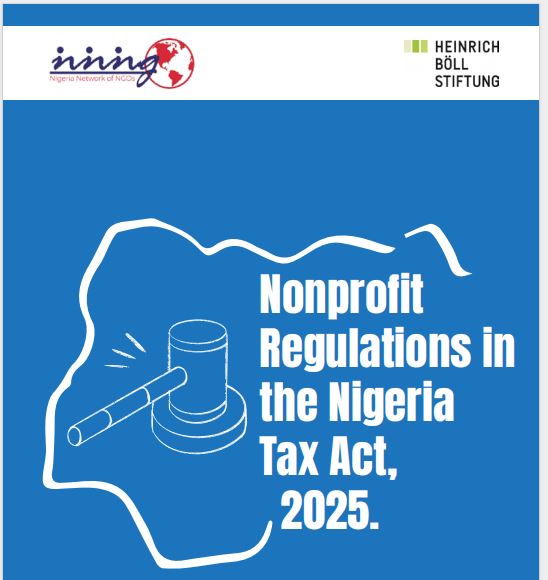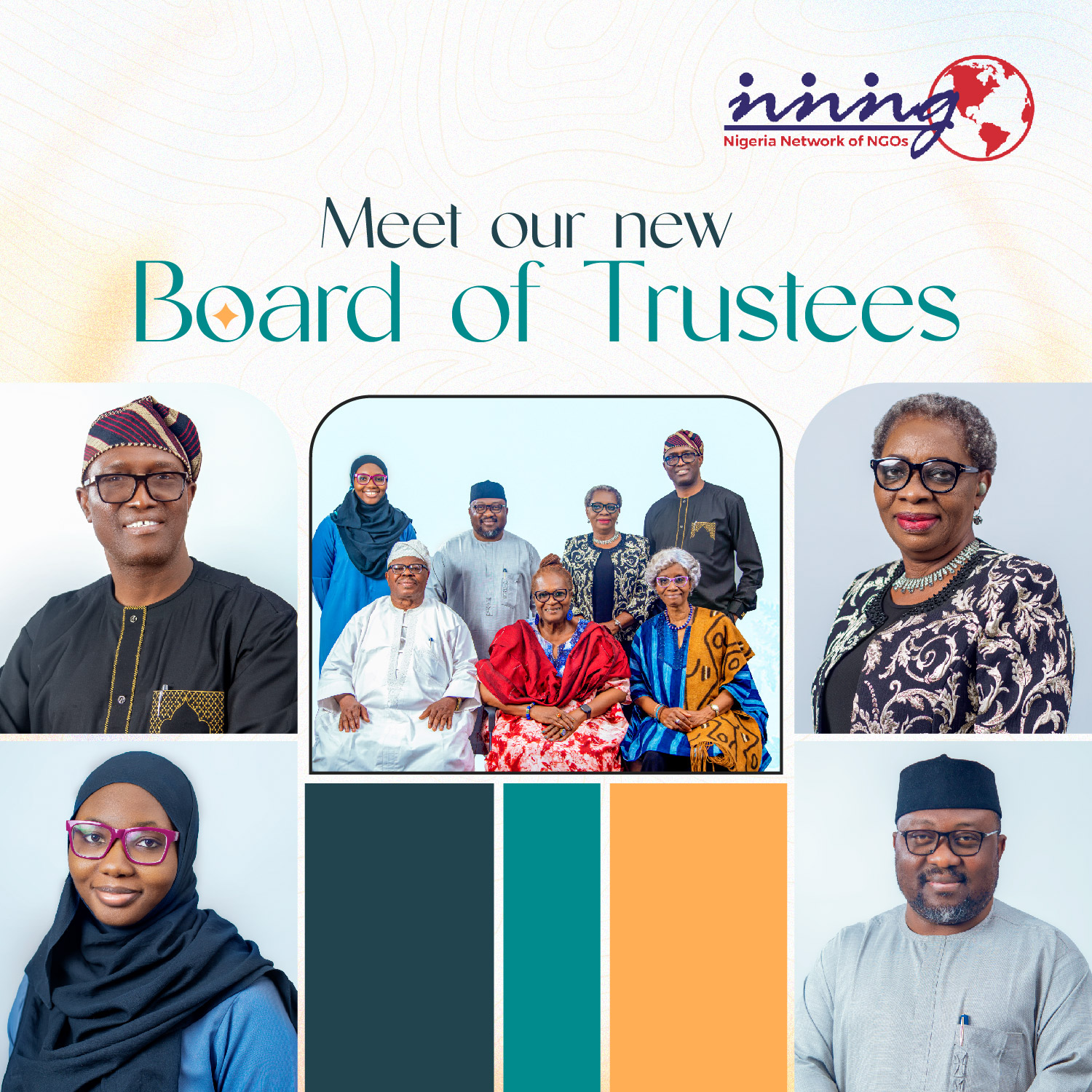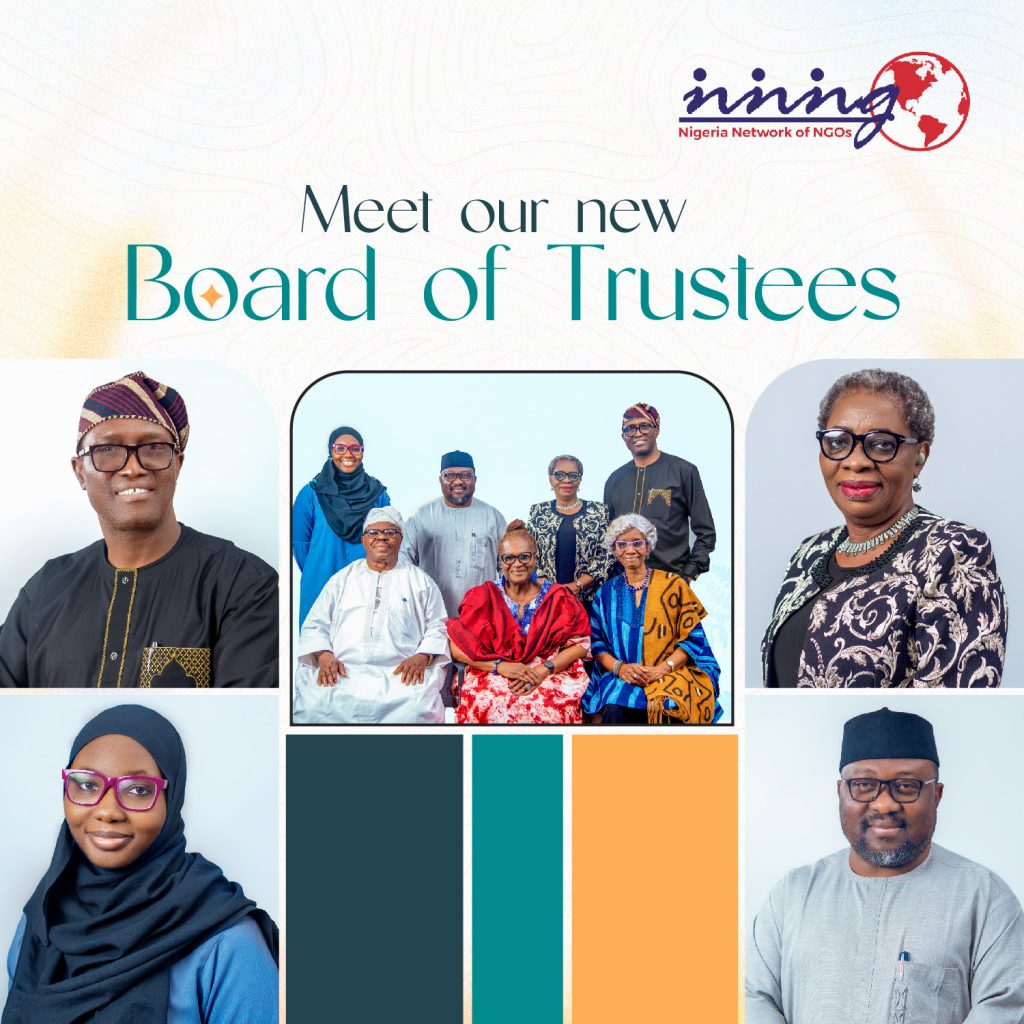Category: News
Hands of God Widows Support Initiative to Empower Widows in Nigeria on International Widows Day
Hands of God Widows Support Initiative to Empower Widows in Nigeria on International Widows Day
As the world prepares to observe International Widows Day on June 23rd, the Hands of God Widows Support Initiative (HOGWIN) is raising awareness about the challenges faced by widows in Nigeria. With the theme “Innovation and Technology for Gender Equality,” HOGWIN is hosting an event in the Igbogbo community, located in the Ikorodu area of Lagos, to commemorate IWD2023.
Widows and their dependent children often suffer from severe human rights violations, including poverty, ostracism, violence, destitution, and discrimination, both legally and culturally. To address these issues, HOGWIN’s Executive Director, Phranklin Audu, announced that widows will receive small business grants and opportunities for skill acquisition in the fashion industry and other vocations.
According to Audu, International Widows Day presents a critical opportunity to act and ensure the full rights and recognition of widows. This includes providing widows with information on inheritance rights, access to productive resources, fair pensions, and social protection.
“At HOGWIN, we are dedicated to investing in the empowerment of widows and their children. We firmly believe in enabling them to lead productive and fulfilling lives after the loss of their breadwinner.” Phranklin Audu noted, he also emphasized the need for the government to fulfill its commitments by upholding widows’ rights as enshrined in international conventions such as the Convention on the Elimination of All Forms of Discrimination Against Women and the Convention on the Rights of the Child.
HOGWIN advocates for comprehensive programs and policies aimed at ending violence against widows and their children, poverty alleviation, education, and other forms of support, including – launching a fund-raising campaign(documentary) to raise awareness and advocate for widows’ rights in Nigeria. These initiatives, in alignment with the Sustainable Development Goals are all part of Hands of God Widows Support Initiative’s current efforts to assist widows in the society.
International Widows Day is observed annually on June 23rd as a United Nations Day of action to address poverty and injustice faced by millions of widows and their dependents in many countries.
About Hands of God Widows Support Initiative:
Hands of God Widows Support Initiative (HOGWIN), a member organization of the Nigeria Network of NGOs is dedicated to championing the rights of widows in rural communities in Nigeria, in line with Sustainable Development Goals 1, 3, 5, 8, and 17.
How The National Census Will Boost Widows Welfare in Nigeria
How The National Census Will Boost Widows Welfare in Nigeria–phranklin Audu, Executive Director, HOGWIN (Member organization – Nigeria Network of NGOs)
The announcement by the Federal Government to conduct a national population census has since been met with mixed feelings. While some question the timing, others simply express concerns about the budget, especially at a time when the nation is obviously grappling with a severe financial dilemma. These concerns mainly push the argument that given the huge financial strain following the just concluded general elections that cost over 350 billion naira, conducting a population census barely a few weeks after the elections which require another 869 billion naira would certainly dent huge financial pressure on the already depleted financial status of the federation. Earlier in the year, it was reported that the Federal Government planned to establish a basket fund to collect donations for the 2023 national census.
The United Nations estimates the global population of widows at 258 million while stating that one in ten of these widows live in extreme poverty, particularly in sub-Saharan Africa. In Nigeria, while there are no actual verifiable statistics, some put Nigeria’s widow population at between 15-21 million. Given the recent spate of insecurity, increased rate of banditry, and communal attacks, with the military highly engaged in quelling this unrest across Nigeria, these figures may be far less than the actual. These deadly conflicts are undoubtedly leaving behind a tragic cohort of widows who may often have the fewest defenses against the hardships of crises but remain almost invisible and neglected in many societies.
Although the Violence against prohibitions of Persons (VAPP)Law was passed recently, not too many states have done much to domesticate this law particularly where it affects the protection of widows in local communities. In some cultures, widows are required to spend days in isolation, drink the bath water of their dead husbands, and undergo certain inhumane conditions to prove their innocence upon the demise of their husbands. Many cultures confer culpability on the widow and therefore subject them to harsh trials during the period of mourning. In many African cultures, a widow has no right to inheritance. She is in fact considered an asset to be inherited by her late husband’s family. She is therefore stripped of her human dignity and all economic means.
Around the world, cultural practices and legal barriers can mean that widows are cut off from pensions and unable to inherit money or property. Generally, single-mother families and single older women are particularly at risk of poverty, while many widows experience stigma and gender-based violence. If Nigeria is to achieve the Sustainable Development Goals, then we cannot afford to leave widows behind.
It is new very necessary to invest in expanded gender-responsive public services and universal social protection, such as cash transfers and social pensions, so widows are not left destitute, and to overturn the discriminatory laws and policies that strip widows of equal inheritance, pension, and property rights. We believe that the national census will help to collect quality data on widows’ lives, track progress and create accountability, and ensure that women have access to full and meaningful participation as well as leadership roles so that widows’ rights can be brought into decision-making spaces.
In many cases, widows are left to their immediate society or well-spirited individuals to depend on for their survival. Widowhood being a natural consequence of death, is unfortunately treated with so much bias and indignity. As such widows often become victims of social stigmatization. While it is clearly established that widowhood is a natural experience, sadly not too many economic planners consider this necessary but significant members of society in their economic planning. We believe that the 2023 national population census gives Nigeria the opportunity to lead the charge in shaping the path for economic planning to cater appropriately to widows as vital members of her national population. The national population census offers the opportunity for governments at national and subnational levels to focus on this vulnerable demography while planning adequately for their well-being, and social and economic reintegration into society. It is important that national action plans include actions to count, map, and profile widows so that their needs are addressed, and they have access to restorative justice, support, pensions, and resettlement. One wonders how there can ever be meaningful development, reconciliation, justice, an end to violence against women, and sustainable peace without the inclusion of widows.
Hands of God Widows Support Initiative (HOGWIN) calls on well-meaning Nigerians to support the government as it plans to conduct the national headcount. We believe that this also helps work towards better planning and recognition of the underserved and underrepresented in our society. We also encourage development partners to continue to provide technical support toward ensuring an equitable and just society where resources are evenly distributed across all strata of the economy regardless of status

















